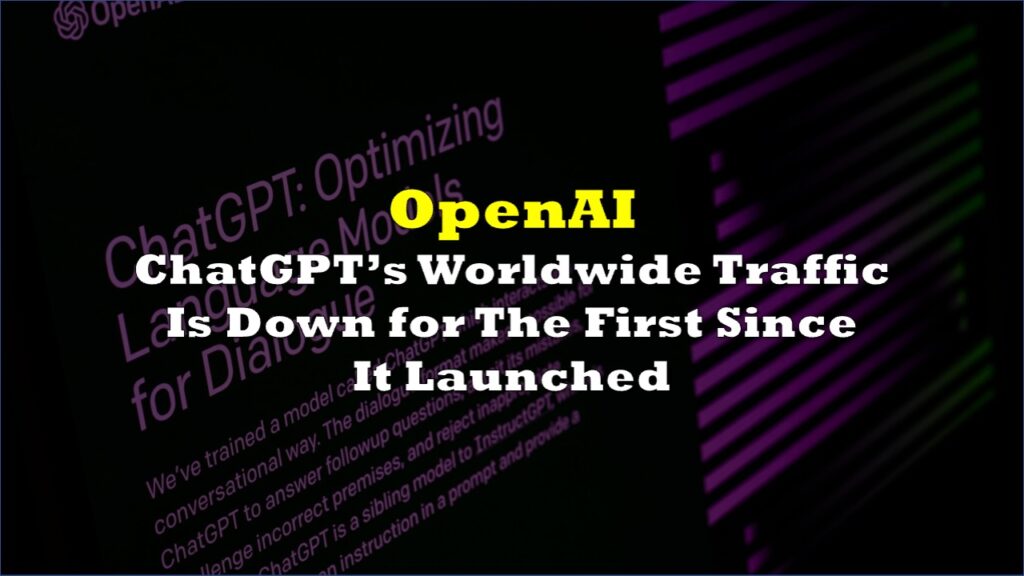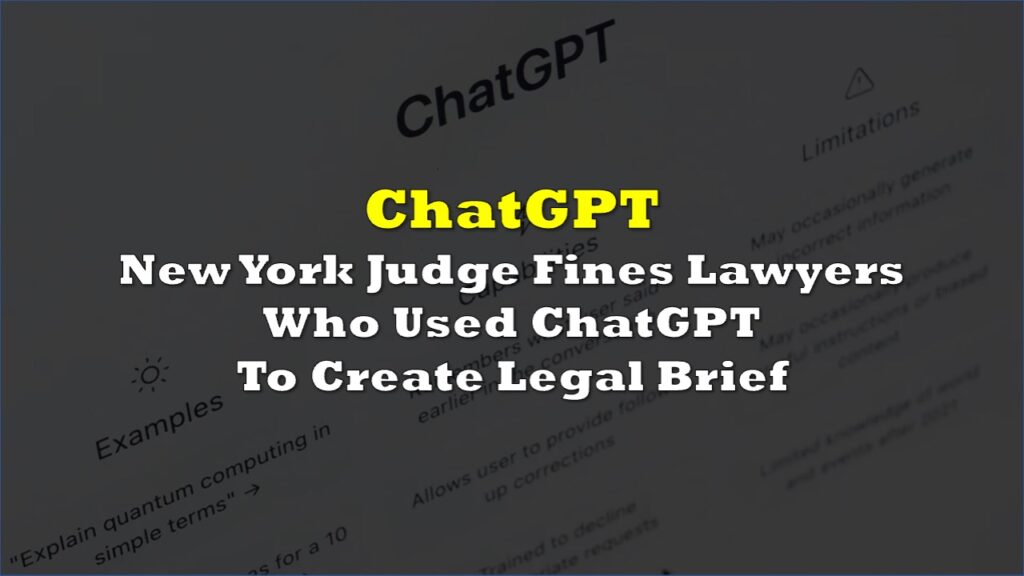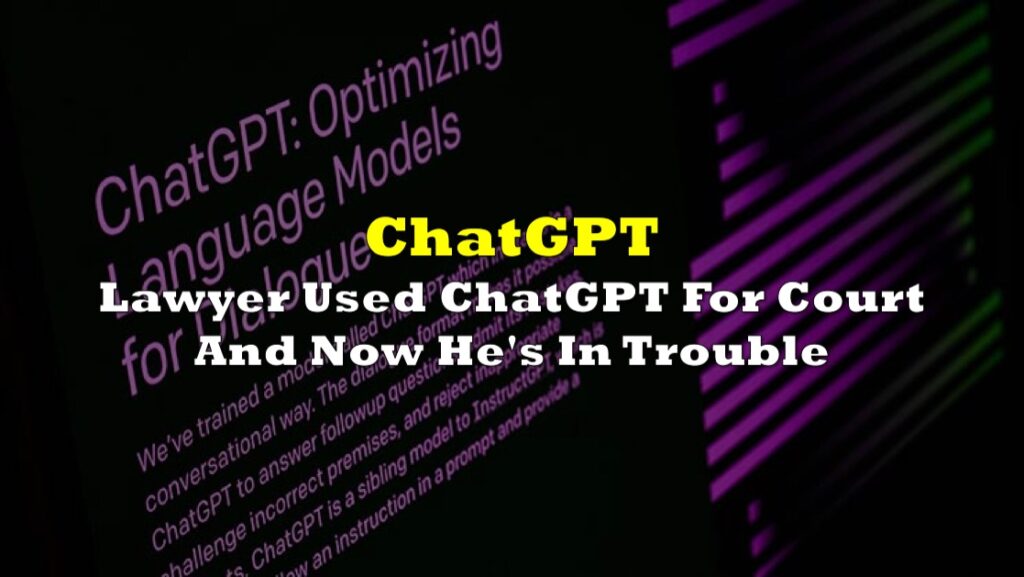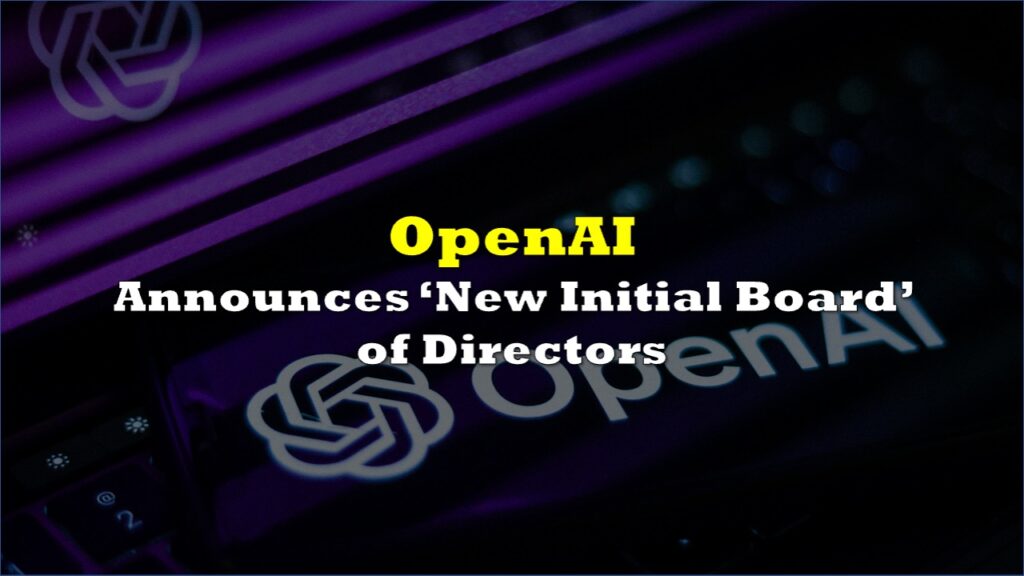OpenAI, the research lab behind the ubiquitous ChatGPT chatbot, is in talks to sell current shares in a tender offer worth roughly $29 billion, making it one of the most valuable US firms on paper but generating little revenue.
According to persons familiar with the situation who told The Wall Street Journal, the tender might result in the sale of at least $300 million in OpenAI shares. The transaction is set up as a tender offer, with investors purchasing shares from current shareholders such as employees.
Sources say Thrive Capital and Founders Fund are in talks to buy shares.
The proposed transaction would approximately double OpenAI’s valuation from a preceding tender offer made in 2021, when OpenAI was valued at over $14 billion. The firm has made tens of millions of dollars in sales, primarily through selling AI software to developers, but some investors are skeptical that the technology will create real cash.
According further to The Wall Street Journal, CEO Sam Altman recently informed investors that the company would soon be able to produce up to $1 billion in annual income, in part by charging consumers and businesses for its goods.
In a tweet by Altman, ChatGPT–the chatbot that provides intelligent solutions to queries like “describe a debate between two college students about the value of a liberal arts education”–surpassed one million users a few days after its November 30 launch. Some industry analysts praised the tool as a huge technological achievement and a potential replacement for current search engines in the future, however Altman admitted that the program’s outputs frequently contained factual inaccuracies.
OpenAI aspires to develop what AI experts refer to as “artificial general intelligence,” or technology that can fully mimic human intelligence and skills.
If the tender is successful at that valuation, OpenAI will be one of the few businesses able to raise capital at greater valuations in the private market, where investors have been reluctant to make new investments in light of last year’s technological meltdown.
Microsoft Corp. is also in advanced talks to expand its stake in OpenAI. Microsoft invested $1 billion in OpenAI in 2019 and became the company’s preferred partner for commercializing breakthrough technologies for services such as the search engine Bing and the design tool Microsoft Design.
The tech giant is reportedly currently working with OpenAI to launch a ChatGPT-powered version of its search engine Bing.
Challenge from Princeton
Princeton student Edward Tian is said to be working on GPTZero, an application that can recognize text written by artificial intelligence, meant to detect “AI plagiarism” that services like ChatGPT can generate.
Tian published a handful of proof-of-concept movies illustrating GPTZero’s capabilities on January 2nd. It successfully identified ChatGPT as the author of a Facebook post after first determining that a person authored a New Yorker article.
here's a demo with @nandoodles's Linkedin post that used ChatGPT to successfully respond to Danish programmer David Hansson's opinions pic.twitter.com/5szgLIQdeN
— Edward Tian (@edward_the6) January 3, 2023
“The motivation here is increasing AI plagiarism. Think are [sic] high school teachers going to want students using ChatGPT to write their history essays? Likely not,” Tian tweeted.
The Princeton student posted the link where users can try out the beta version application for themselves, noting that he will be “spending the next few weeks improving the model and analysis.”
feel free to try the beta yourself at https://t.co/220Y32rS4z or https://t.co/vbbM1KUC5X it's still barebones right now, but will be spending the next few weeks improving the model and analysis.
— Edward Tian (@edward_the6) January 3, 2023
Last year, OpenAI produced a number of artificial intelligence-based products that drew public notice, including the image-generation tool Dall-E 2.
According to persons familiar with the subject, previous investors in OpenAI include Khosla Ventures and hedge fund Tiger Global Management.
The company has limited some venture investors’ earnings to around 20 times their money, with the possibility to earn higher returns the longer they wait to sell their shares. According to OpenAI, such capped investment arrangements are required to ensure that the value from OpenAI accrues not only to investors and employees, but also to humankind as a whole.
Altman has also previously stated at the time that OpenAI has no ambitions to be acquired or go public, implying that investors would be able to pay out through secondary share sales.
Information for this briefing was found via The Wall Street Journal, The Guardian, Entrepreneur, and the sources mentioned. The author has no securities or affiliations related to this organization. Not a recommendation to buy or sell. Always do additional research and consult a professional before purchasing a security. The author holds no licenses.









